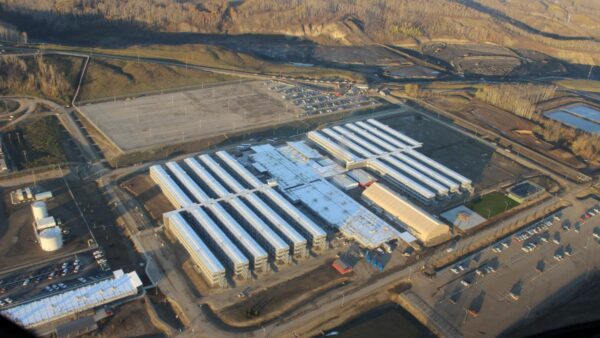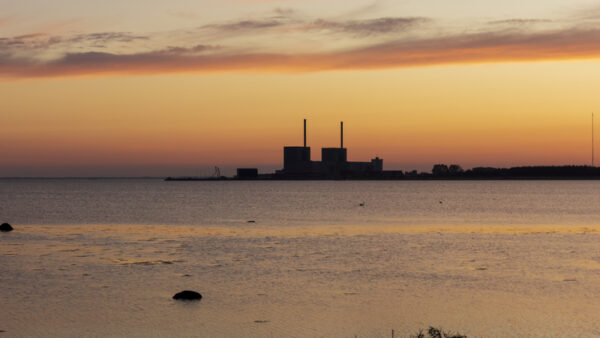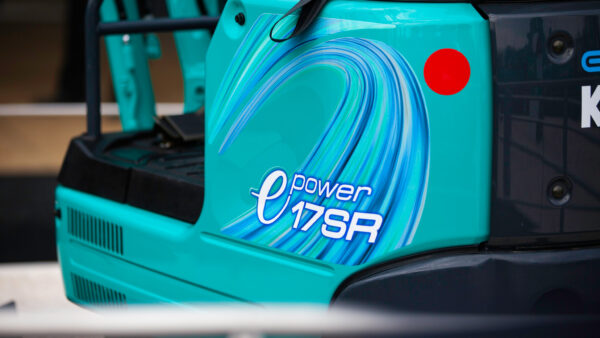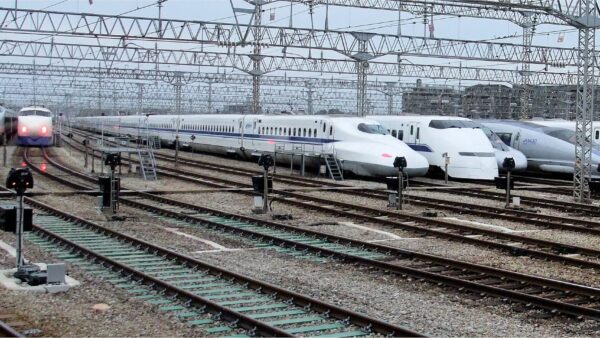The American civil nuclear industry has been told to beware of espionage after the indictment of a Chinese American engineer and a major Chinese state-owned nuclear power company, who are accused of conspiring to steal sensitive nuclear technology.
The prosecution follows a joint investigation by agencies including the FBI, and has prompted warnings of “significant damage” to US national security.
Foreign entities want the information you possess– Michael Steinbach, FBI
A two-count indictment was unsealed last month, on 14 April, in the Eastern District of Tennessee charging Szuhsiung Ho, also known as Allen Ho, as well as China General Nuclear Power Company (CGN), and Ho’s company, Energy Technology International, which he ran from his home in Wilmington, Delaware.
The defendants are charged with conspiracy “to unlawfully engage and participate in the production and development of special nuclear material outside the United States, without the required authorisation from the US Department of Energy”.
Ho, a Chinese-born, naturalised American citizen was also charged with conspiracy to act in the United States as an agent of a foreign government.
CGN is the Chinese company that holds a 33.5% stake in the proposed $26bn Hinkley Point C nuclear power plant in the UK.
CGN hopes to build two other nuclear plants in the UK, at Sizewell and Bradwell, using Chinese technology.
In a related case, a former senior nuclear manager of regional power utility, the Tennessee Valley Authority, has admitted in a plea bargain that he gave restricted nuclear information to the Chinese government in return for cash.
“The arrest and indictment in this case send an important message to the US nuclear community that foreign entities want the information you possess,” said the FBI’s Executive Assistant Director, National Security Branch, Michael Steinbach, in a statement by the US Justice Department announcing the indictments against Ho and CGN.
The allegations are that between 1997 and April this year, Ho, CGN and Ho’s company ETI conspired to seek technical assistance for CGN’s Small Modular Reactor Programme, advanced fuel assembly and other matters with the intent to secure an advantage to China and without authorisation from the US Secretary of Energy, as required by law.
The defendants are accused of paying US experts for their help, and facilitating travel to China. According to the US Justice Department, Ho arranged two payments, of $22,698.54 and $15,550.20, to two experts for their services. Around October 2009, Ho allegedly told the experts he was trying to recruit that “China has the budget to spend.”
In correspondence with US nuclear experts Ho said he was charged with obtaining expertise from the US at the direction of CGN, and that he was to do so surreptitiously, the indictment alleges.
Ho remains in police custody pending trial.
He faces a maximum sentence of life in prison and a $250,000 fine if he is convicted of the charge of conspiracy to unlawfully engage and participate in the production and development of special nuclear material outside the United States.
The charge of conspiring to act in the United States as an agent of a foreign government carries a maximum sentence of 10 years in prison.
Two weeks after the Justice Department unsealed its indictments of Ho and CGN, the Justice Department revealed that a former senior nuclear manager of the Tennessee Valley Authority (TVA), named Ching Ning Guey, had signed a plea bargain admitting that he was paid by the Chinese government for nuclear information.
Kept under wraps since April last year, the plea bargain points to Ching Ning Guey, a Taiwan-born naturalised American citizen, as being one of several co-conspirators described in the Ho-CGN indictments.
Between 2010 and 2014 Ching Ning Guey was Senior Manager for Probabilistic Risk Assessment at TVA, a government-owned electricity supplier serving southeastern states in the US.
He admitted to traveling in November 2013 to China where, in the expectation of payment, he handed to the Chinese government three restricted technical reports.
In the Ho-CGN indictment, Ching Ning Guey is clearly the unnamed co-conspirator identified as “USP1”, who is described as Senior Manager for Probabilistic Risk Assessment at TVA, and whom prosecutors allege received a cheque from Ho for $15,550.20, in compensation for USP1’s November 2013 “consulting trip” to China.
Photograph: The Watts Bar Nuclear Power Plant in Rhea County, Tennessee, operated by the Tennessee Valley Authority (TVA). Confessed conspirator Ching Ning Guey was a senior manager at TVA (TVA/Wikimedia Commons)
Comments
Comments are closed.











No surprises there